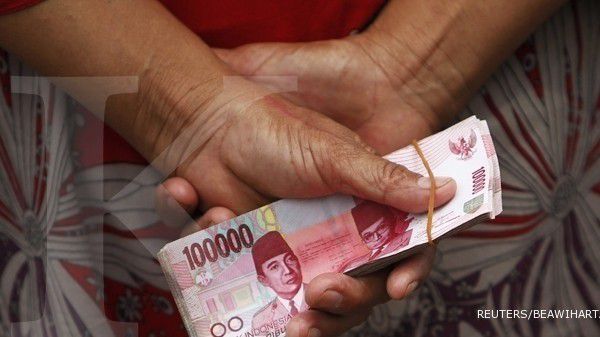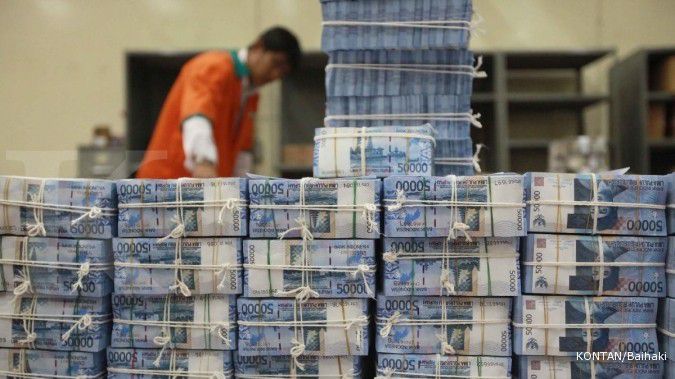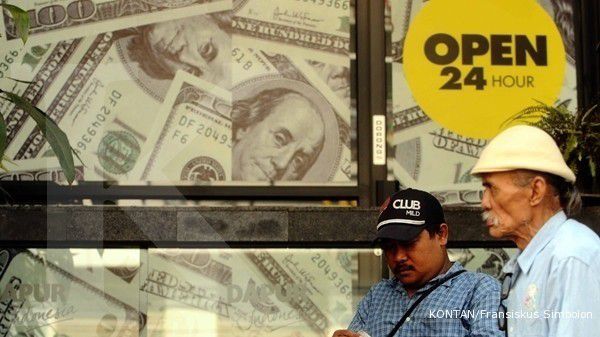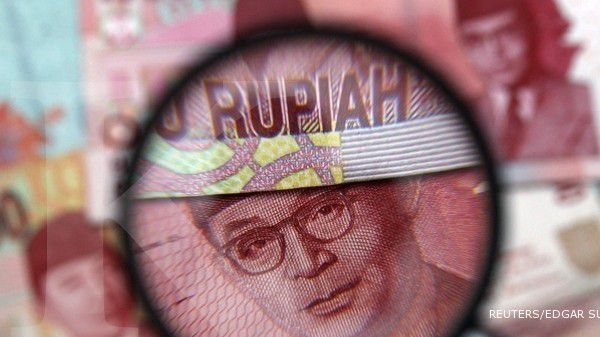A decision by the Association of Banks in Singapore (ABS), to swap their own rupiah spot fixing with the Jakarta Interbank Spot Dollar Rate (JISDOR) in settling non-deliverable foreign contracts, was met with positive market reaction by observers.
The ABS will begin utilizing the JISDOR to close transactions from March 28, as reported by Bloomberg on Wednesday.
“This is a positive change and one illustrating that the domestic rupiah transaction rate has attained such a level of credibility that various financial markets now consider it a reference,” Bank of Indonesia (BI) spokesperson Peter Jacob said.
BI introduced the onshore reference rate in May last year to buffer the rupiah against speculation-prone offshore rates.
To calculate the reference rate, the central bank compiles rupiah-to-US-dollar rates utilized by local banks performing foreign exchange (forex) transactions.
The collection runs until 9:45 a.m. each day, and the rates are published at 10 a.m.
Peter added that the usage of the JISDOR by Singapore banks “reduced the distortion caused by the existence of domestic as well as offshore Singapore rates”.
“This lowering of distortion improves confidence in domestic rates,” he further said.
BCA chief economist David Sumual added that a large gap often existed between offshore and domestic rates.
Since its introduction, the dollar rate quoted on the JISDOR has been weaker than the non-deliverable foreign contracts (NDF) quoted by ABS.
Observers have said that this reflects the improving liquidity of onshore US dollars.
Therefore, he said, Indonesia should “facilitate” the scraping of NDF contracts by conducting financial deepening on future forward transactions.
“Market players have been heading to Singapore because of the minimal variety in domestic derivative products,” he further said.
“Therefore, the domestic derivative market must be enhanced,” he added.
Standard Chartered Bank Indonesia economist Fauzi Ichsan similarly said that the absence of duality in reference points needed to be supported by policies that deepened the financial market.
“The rates issue actually stems from rate rigging in London and Singapore,” he said.
In July last year, the Monetary Authority of Singapore (MAS) ordered banks in the city state to fire traders found guilty of manipulating rupiah quotes.
Jacob further added that the move by Singapore banks to adopt the JISDOR reflected that the onshore rate was “just right”.
“People now deem the JISDOR trustworthy, therefore, fit to use,” he further said.
However, analysts from Malaysia-based Maybank warned that risks still hung around the rupiah.
These risks include tapering by the US Federal Reserve, which could prompt a “portfolio rebalancing” as well as uncertainties due to possible “surprises” in the upcoming elections.
“Thus, it might not be surprising should the Indonesian rupiah return to hover around the 12,000 mark [against the dollar] in the next three to six months,” the bank wrote in a statement.
/2014/01/02/1693797395.jpg)














